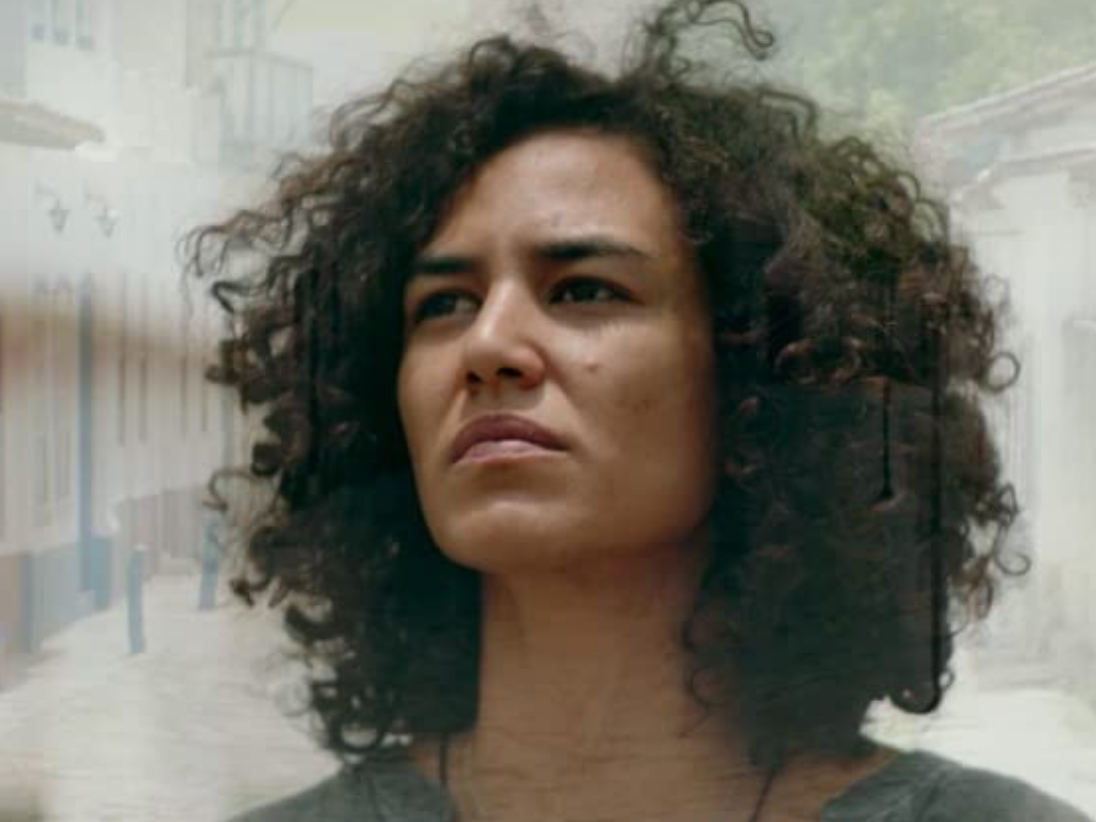
- Golden Globe Awards
Fogaréu (Brazil)
Early on in this film, it becomes clear why the Brazilian writer-director Flávia Neves chose the title Fogaréufor her debut feature. It’s named after the Procissão do Fogaréu(Procession of Fire), a gloomy Easter procession of men in menacing KKK-reminiscent garb. The title also describes the highly flammable state of society in the town of São Vicente de Paulo of Goiás, in the remote area of Brazil where the film was shot.
The opening scene is brief and ominous: a woman gives birth to a baby that is immediately taken away. Nobody cares about the mother’s desperate pleading. “When a baby is born it is thrown into the air, if it flies it is a bat, if it falls it is a fool,” says a woman referring to the horrible practice.
It is not unusual that powerful and wealthy families “adopt” children that were taken away from poor parents. The families claim to save those children from a miserable life but, in reality, they do it to have virtual slaves as servants.
One of those adopted children was Fernanda (played by Bárbara Colen). She is a modern woman now, who lives in a liberated society. That leads to a clash with the family she is visiting unannounced, her own.
We learn that she was adopted by the Menezes family. Antônio (Eucir de Souza) is the head of the family and town mayor. Years ago, his sister raised the adopted Fernanda but, as a lesbian, she had been ostracized by everybody around. When she left town, she took Fernanda with her.
Searching for her biological parents and the state of her inheritance, Fernanda confronts “uncle” Antônio. By insisting on finding out the truth, Fernanda peels back one layer of horrible reality after another.
There is the abuse of those who are perceived to be unworthy and invisible, the “untouchables” of Brazil. There is political corruption, and consolidation of power is financed by the cocaine trade.
Some landowners, like Antônio, deny the indigenous people their water rights. The appearance of respectability is radically shattered once Fernanda finds out about the roots of her existence.
In talking about her debut film, Flávia Neves stated that women still play an underprivileged role in areas of Brazilian society. Women filmmakers are no different. For her part, Neves chose a largely female crew: producers Vania Catani and Mayra Faour Auad, cinematographer Luciana Bassaggio, and co-writer Melanie Dimantes.
Fogaréu won an award in the Panorama competition at the Berlin Film Festival 2022. Flávia Neves’ next project will be set in a post-apocalyptic future, her response to the deforestation of the Amazon.

